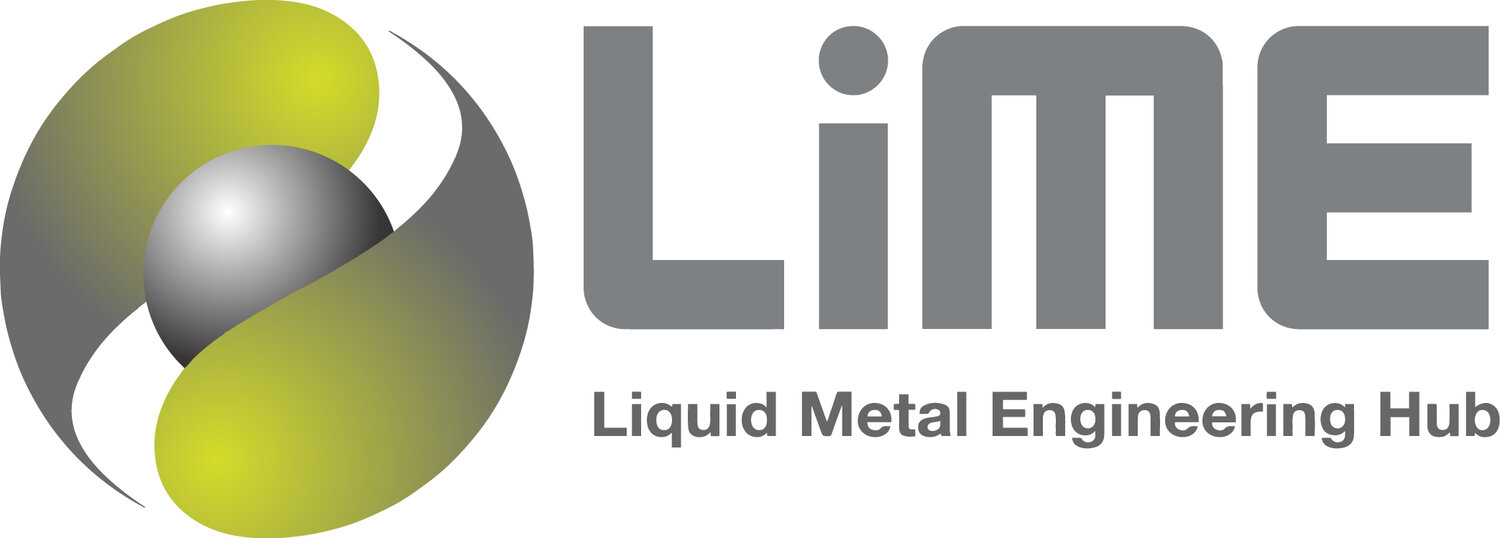Rationalisation of Al-alloy grades and specifications studentship
One of the adverse consequences of excessive use of metallic materials is that there are currently thousands of grades of metallic materials in commercial use today. Many of them differ only slightly in composition, processing conditions or origin of production, offering essentially the same performance. Unnecessary alloying elements and excessively tight alloy specifications increase production costs, reduce resource productivities, cause more environmental damage, and make the end-of-life products difficult (if not impossible) to recycle. This is not compatible with Circular Economy principles. Recycling can be improved significantly with materials rationalised and products engineered from the start for this purpose. For instance, the current over 400 grades of Al-alloys (IAA) can be reduced to 10-15 without compromising engineering applications. This project aims to rationalise alloy grades and specifications of aluminium alloys to facilitate full metal circulation. The project contributes to slowing the resource loop by design for standardisation and compatibility. The specific research activities may include: (1) simplification of alloy systems based on their compositions, thermomechanical history, levels of performance and fields of application; (2) standardisation of alloy compositions by using commonly available alloying elements and avoiding the recyclability-limiting elements; (3) optimisation of thermomechanical treatment procedures for high performance; and (4) development of new alloy specifications.
The funded studentship is £88,918 for up to 4 years duration
The project will be aligned with the newly established Circular Economy Hub hosted by Brunel Centre for Advanced Solidification Technology (BCAST) at Brunel University London. You will be interacting daily with researchers and academics in BCAST, Brunel University London and in partner academic and industrials organisations. In this close collaboration lies the foundation for your promising career path.
Enquiries should be directed to Professor Dmitry Eskin at dmitry.eskin@brunel.ac.uk
Eligibility
This scholarship is available for Home students, e.g. UK nationals or UK residents with indefinite leave to remain/settled status resided in the UK for more than 3 years. International applications are welcome only in the case when the applicant can support (self-fund) the international tuition fees.
Note that applications from ineligible candidates will not be considered or responded to.
You should have or expect to receive by the beginning of this PhD study a first degree (BSc) at 2:1 or above in a suitable engineering and science discipline, e.g. materials science, mechanical engineering, physics or applied mathematics. A MSc level qualification is desirable.
A strong background in materials science or applied mathematics is desirable as the project includes mathematical modelling and optimisation.
How to Apply
Please email the following to dmitry.eskin@brunel.ac.uk AND cedps-pgr-office@brunel.ac.uk by the 31st of March 2021:
• Your up-to-date CV.
• Your single A4 statement on why would you like to do this project and why do you believe you qualify to do so.
• Copies of your degree(s) certificates(s) and transcripts.
• Evidence of your UK residency.
• Names and contact info of three academic referees.
Meet the Supervisor - Professor Dmitry Eskin
Professor Dmitry Eskin (1963) joined Brunel University and BCAST in January 2011. He received his Engineering and PhD degrees in Russia and worked in Russian Academy of Sciences (1988–1999). Since 1999, he was a Fellow in Materials innovation institute and since 2008 also an Associate Professor in Delft University of Technology (The Netherlands). He also holds positions of Guest Professor at Tomsk State University (Russia), Editor of Journal of Alloys and Compounds, Subject Editor of JOM, and Series Editor at CRC Press. Prof. Eskin is a well-known specialist in physical metallurgy and solidification processing of light alloys, author and co-author of more than 250 scientific papers, 5 patents and 6 monographs. Current interests include fundamentals of continuous casting, effects of external fields on solidification, and composite materials. Prof. Eskin is a recipient of Warren Peterson Cast Shop Technology for Aluminum Production Award (2011, 2013) and Aluminum Technology Award (2013) from TMS (USA).
Meet the Supervisor - Dr. Chamini Mendis
Dr. Chamini Mendis is the newly appointed Reader in Mg research. Prior to this, she was a research scientist at the Magnesium Innovation Centre (MagIC) in the Helmholtz-Zentrum Geesthacht in Germany.
She received her Ph.D. (2005), M.Eng.Sci. (2000) and BE/LLB (1995/1997)) in Materials Engineering from the Monash University, Australia. Following the doctoral studies, prior to moving to MagIC, she spent 6 years at the National Institute for Materials Science (Tsukuba, Japan) working with Prof. Kazuhiro Hono, first as a JSPS postdoctoral fellow and then as a MANA researcher, the design and characterization of light metallic materials especially newly developed precipitation hardable magnesium alloys, with a special focus on the characterization of nano-scaled particles using advanced transmission electron microscopy and 3 dimensional atom probe tomography.
She has published over 100 research publications including research papers in scientific journals, conference proceedings and a book chapter. She is a member of the magnesium committee The Materials Metals and Mineral Society (TMS) was a guest editor of the institute journal JOM.
Her current research interest includes development of new advanced magnesium alloys for structural applications using low cost alloying additions for both cast and wrought applications, microstructure property relationships of light alloys, solid-state phase transformations in light metallic alloys with focus on Mg alloys and solidification and thermomechanical processing of Mg alloys.
